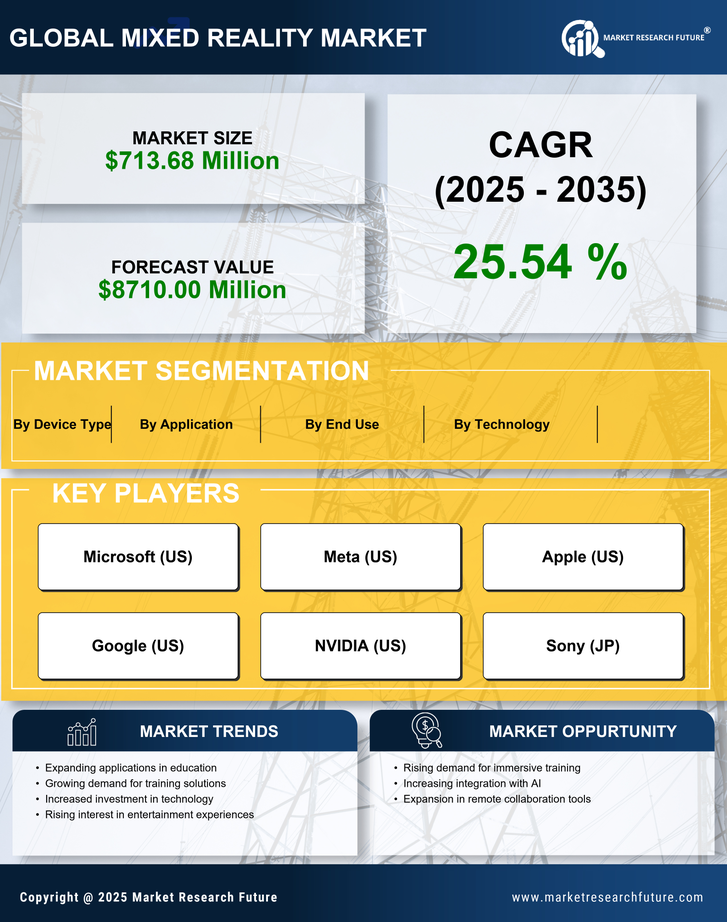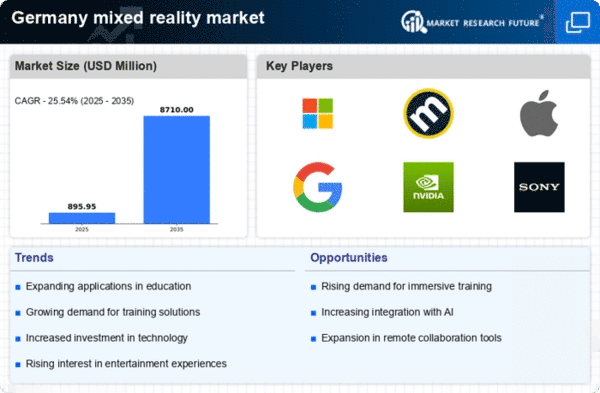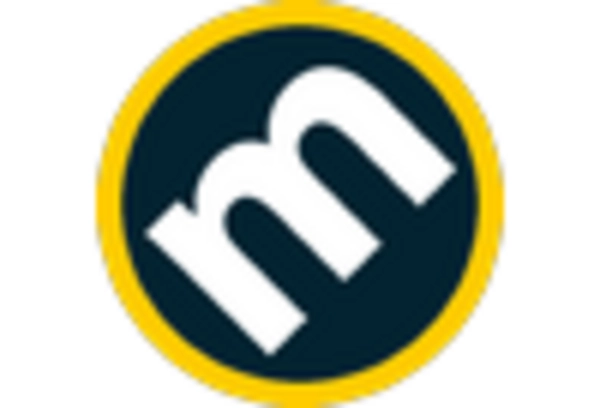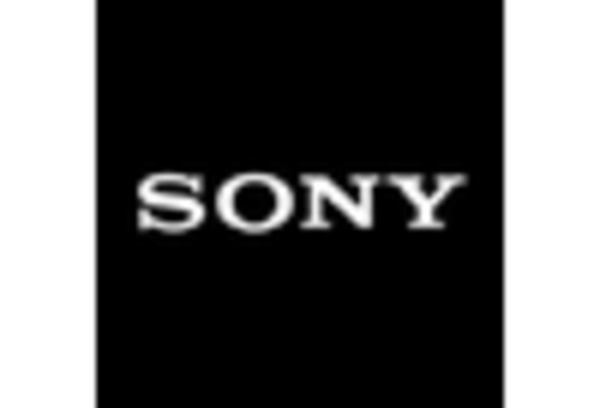Supportive Government Initiatives
Government initiatives in Germany are playing a crucial role in fostering the growth of the mixed reality market. Various programs and funding opportunities are being introduced to support research and development in mixed reality technologies. For instance, the German government has allocated substantial resources to promote digital innovation, which includes mixed reality applications across various industries. This support is likely to stimulate collaboration between academia and industry, leading to the development of cutting-edge solutions. As a result, the mixed reality market is expected to benefit from enhanced innovation and increased competitiveness on both national and international stages.
Expansion of Mixed Reality in Retail
The retail sector in Germany is increasingly embracing mixed reality technologies to enhance customer experiences and drive sales. Retailers are utilizing mixed reality applications for virtual try-ons, interactive displays, and personalized shopping experiences. This shift is evidenced by a reported increase of 40% in the adoption of mixed reality solutions among retailers in the past year. As consumers seek more engaging and convenient shopping experiences, the mixed reality market is poised for significant growth. The potential for mixed reality to bridge the gap between online and in-store shopping experiences is likely to attract further investment and innovation in this sector.
Technological Advancements in Hardware
The mixed reality market in Germany is experiencing a surge due to rapid advancements in hardware technology. Innovations in headsets, sensors, and computing power are enhancing user experiences and expanding application possibilities. For instance, the introduction of lightweight, high-resolution headsets has made mixed reality more accessible to consumers and businesses alike. In 2025, the market for mixed reality hardware is projected to reach approximately €1.5 billion, indicating a robust growth trajectory. This growth is likely driven by increased demand for immersive experiences in sectors such as education, entertainment, and training. As hardware becomes more sophisticated, the mixed reality market is expected to attract further investments, fostering a cycle of innovation and adoption.
Integration of Mixed Reality in Education
The integration of mixed reality technologies in educational settings is becoming a pivotal driver for the mixed reality market in Germany. Educational institutions are increasingly utilizing mixed reality to create immersive learning experiences that enhance student engagement and understanding. For example, mixed reality applications in science and history classes allow students to interact with 3D models and historical events, fostering a deeper comprehension of complex subjects. The market for educational mixed reality solutions is projected to grow by approximately 25% annually, reflecting a strong commitment to innovative teaching methods. This trend indicates that the mixed reality market is likely to see sustained growth as educational institutions continue to adopt these transformative technologies.
Growing Demand for Remote Collaboration Tools
The mixed reality market is witnessing a notable increase in demand for remote collaboration tools, particularly in the wake of evolving work environments. Companies in Germany are increasingly adopting mixed reality solutions to facilitate virtual meetings and collaborative projects, thereby enhancing productivity and engagement. According to recent data, the adoption rate of mixed reality collaboration tools in enterprises has risen by over 30% in the past year. This trend is likely to continue as organizations seek to leverage technology for seamless communication and teamwork. The mixed reality market is thus positioned to benefit from this shift, as businesses invest in solutions that enable remote collaboration and improve operational efficiency.

















